
How do you talk to people about HIV? Can you date and have sex?
We asked gay, bi, queer guys living with HIV in Toronto to share their experiences.
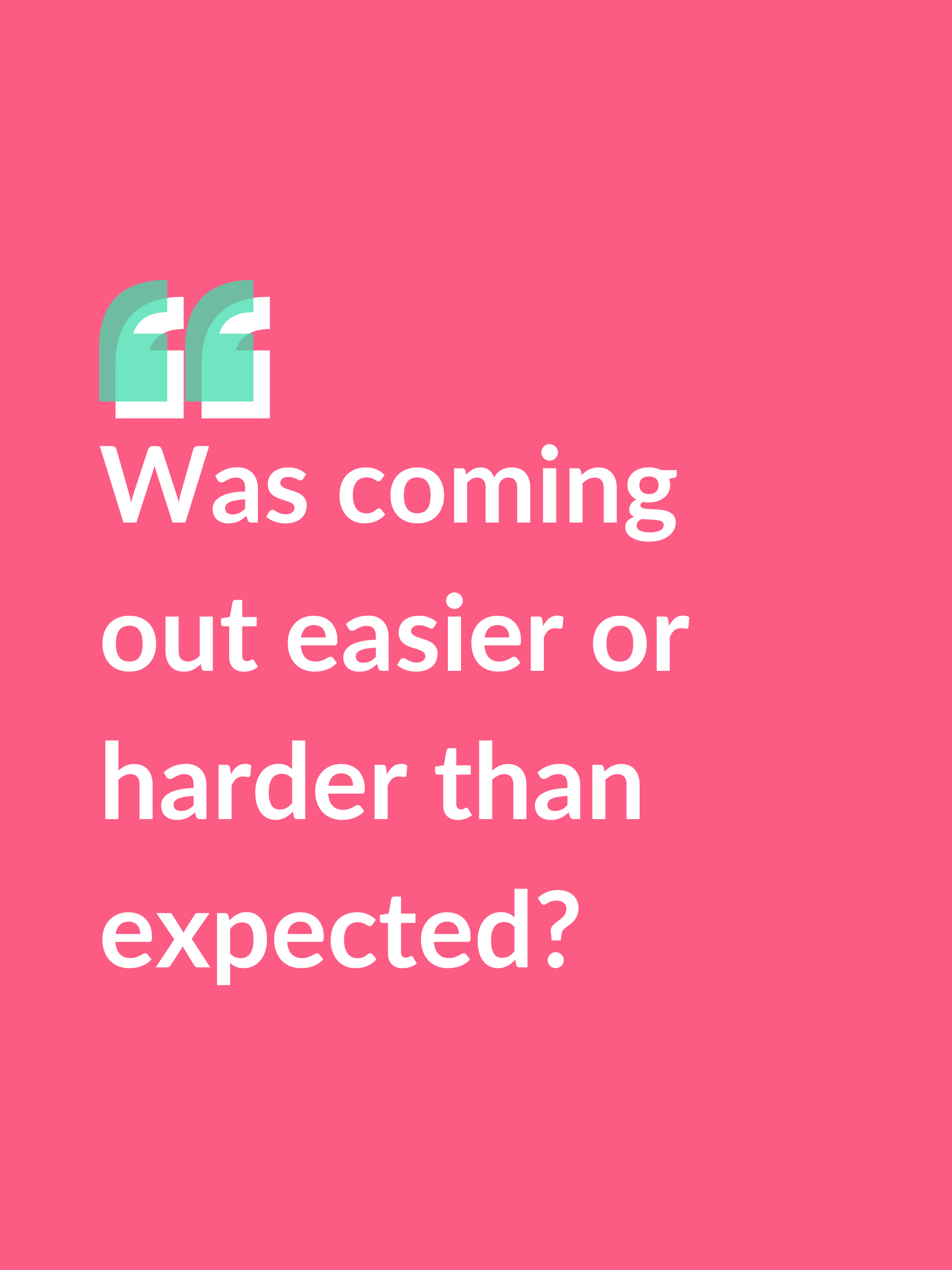
“I found coming out as HIV-positive was a lot harder than coming out as a gay male. There is so much stigma around it and not being educated about it myself at the time I was diagnosed didn’t help with the stigma I had placed on it too.”
“It was a little harder than expected. Unlike coming out as gay which can be casually brought up in conversation these days, telling someone I was positive really was having to sit them down and do the ‘I have something to tell you’ routine.”
“Easier. I was worried about a lot of judgement from my friends, but for the most part the reactions were very supportive.”
“Easy so far, only family and close friends know at this point… but it gets better day by day. It’s my story to tell.”
“Be upfront. Most will ask questions, but also be mindfully prepared that rejection is also gonna happen. Assume everyone is living with HIV and you’ll be surprised how many people end up telling you they are poz as well.”
“Being confident when you tell them about HIV and what undetectable means. I always talk about our options to protect ourselves and our feelings. At the end of coming out they choose what to do, and if i am ignored that is their loss. Just thank you, and next!”
“Explain undetectable status and offer links to where they can find information, as well as assure them it’s impossible for me to transmit it.”
“Think of it like ripping off a band aid. There is always a chance of rejection, but honeyyy keep it moving. Plenty of fish in the sea.”
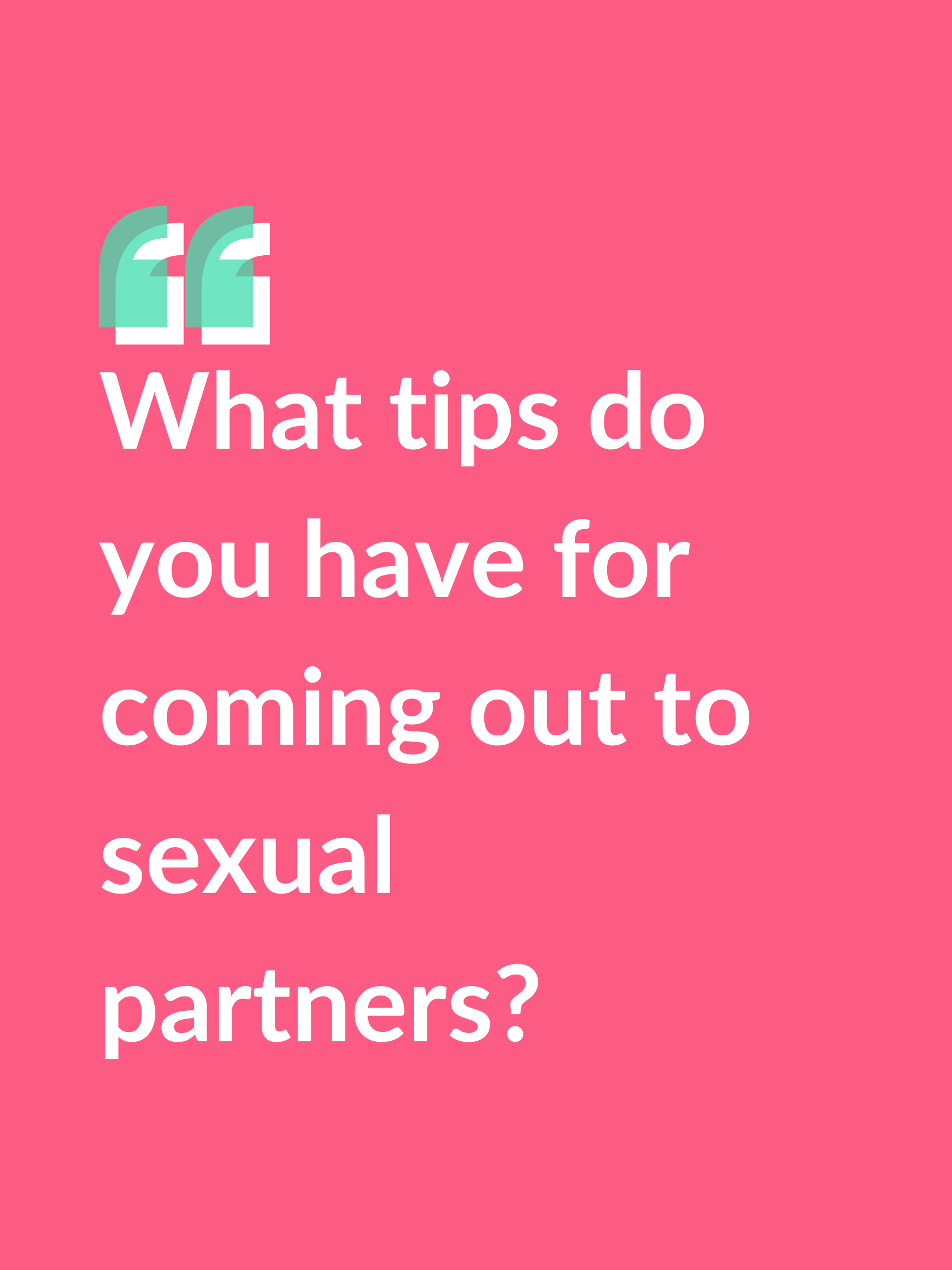
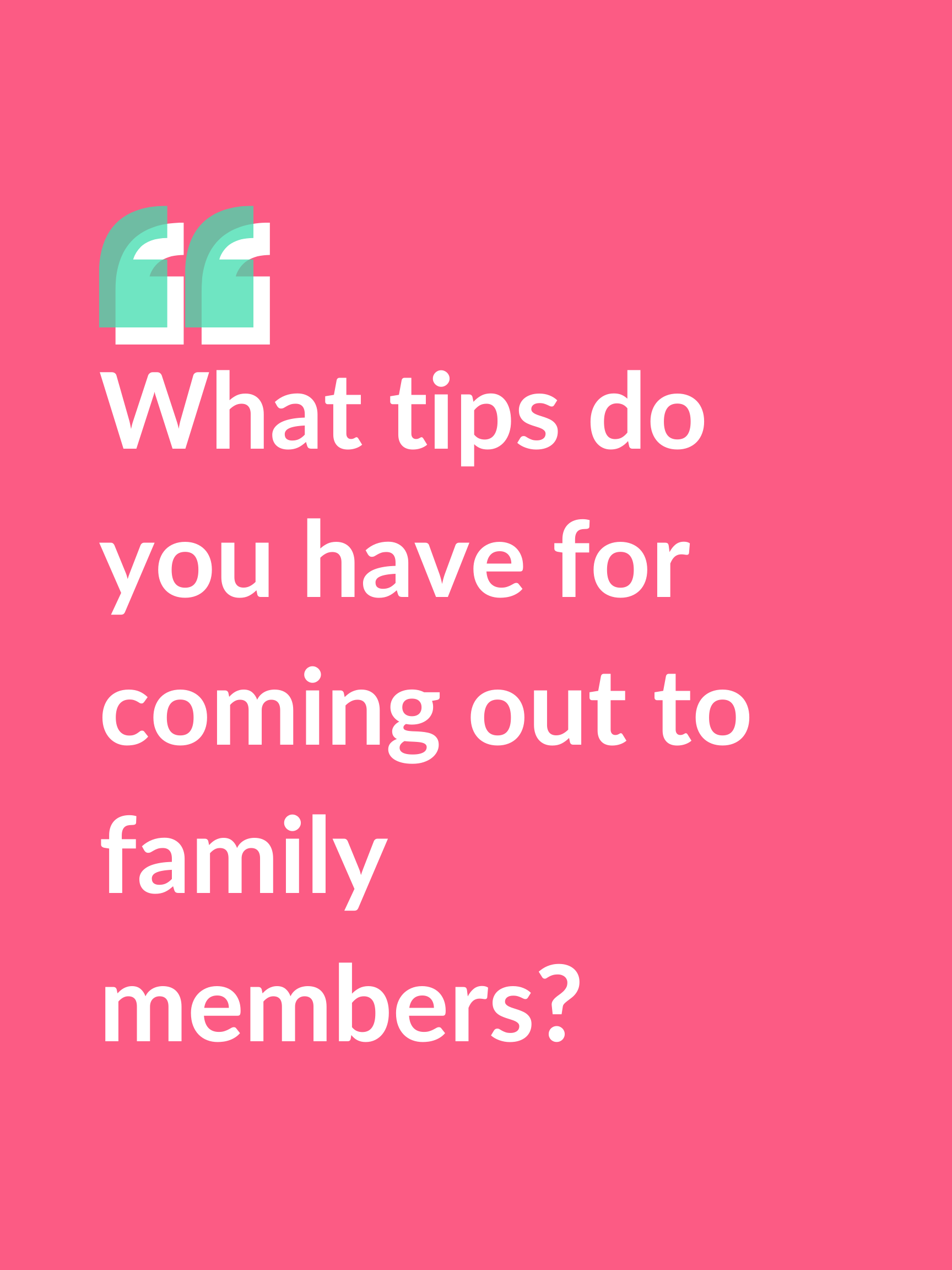
“You don’t have to. If you want to, be ready to tell them and provide them resources.”
“Do it in your own time. When you are ready. And only if you feel you absolutely have to. Because you don’t. I chose to because I wanted them to know my medical history should anything happen to me. My dad asked me if I needed money, because that cures HIV obviously.”
“Bring a close friend or family member for support.”
“This is something I’m still struggling with. While I am out to my partner’s family (mainly because my partner is out himself), I am not out to my own biologically parents–and I believe it’s going to stay this way for now. Perhaps coming from an East Asian background complicates coming out, but honestly, it doesn’t really bother me. I am out only to my chosen family.”
“A lot of support. A lot of “Let me know if there’s anything I can do.” Obviously there isn’t, but I was always impressed by people’s willingness to listen to the facts about HIV.”
“All my friends just took it in stride and said, “Ok, I’m glad you told me. Is there anything I can do? Is your health ok now?”
“Most people I share my status with are queer guys, and I have found the majority of them have some understanding of HIV. This may be because they have a connection with someone else who is HIV+, or because they have learned about HIV through PrEP education. As a result, most reactions have been positive and understanding.”
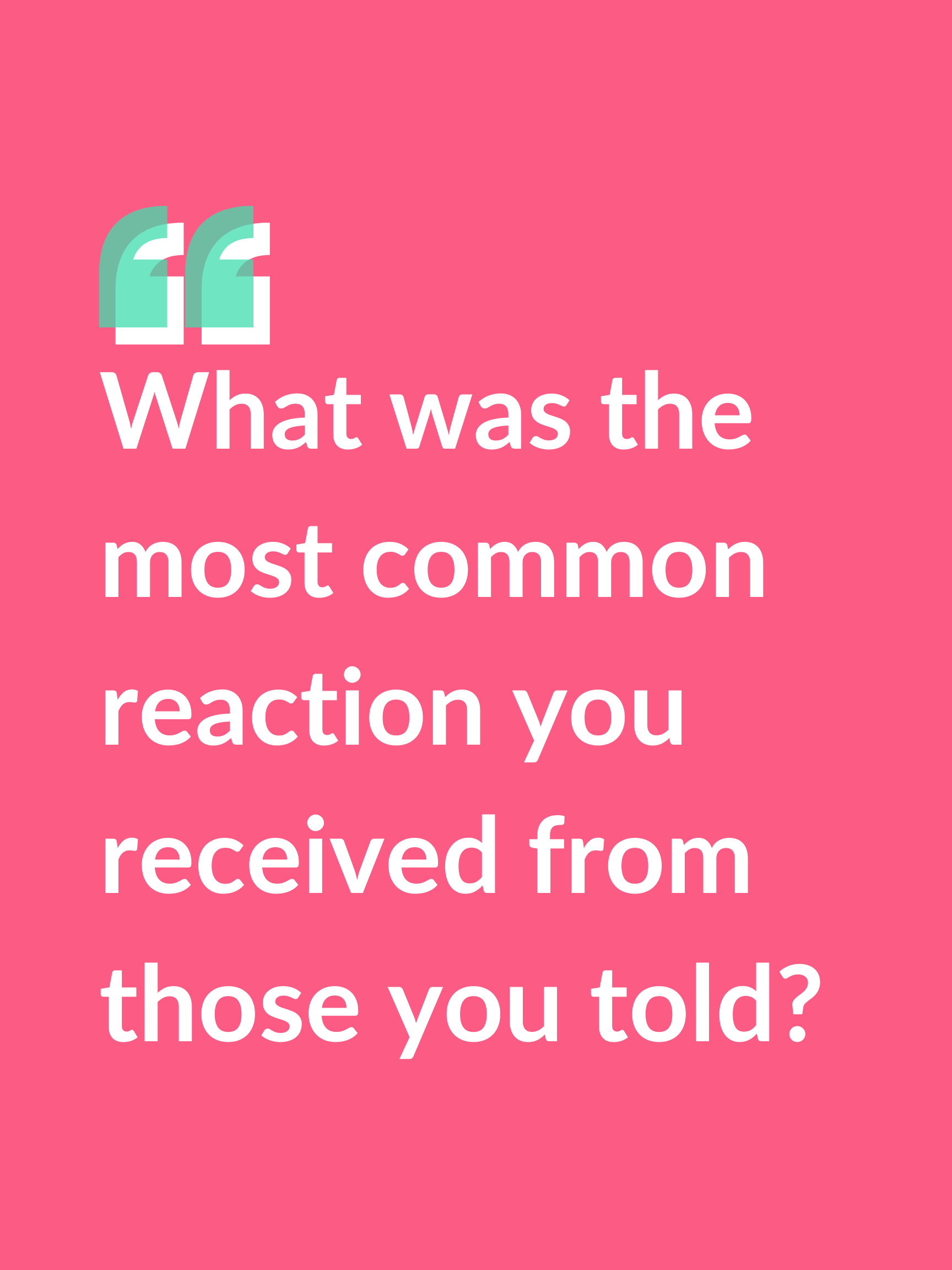
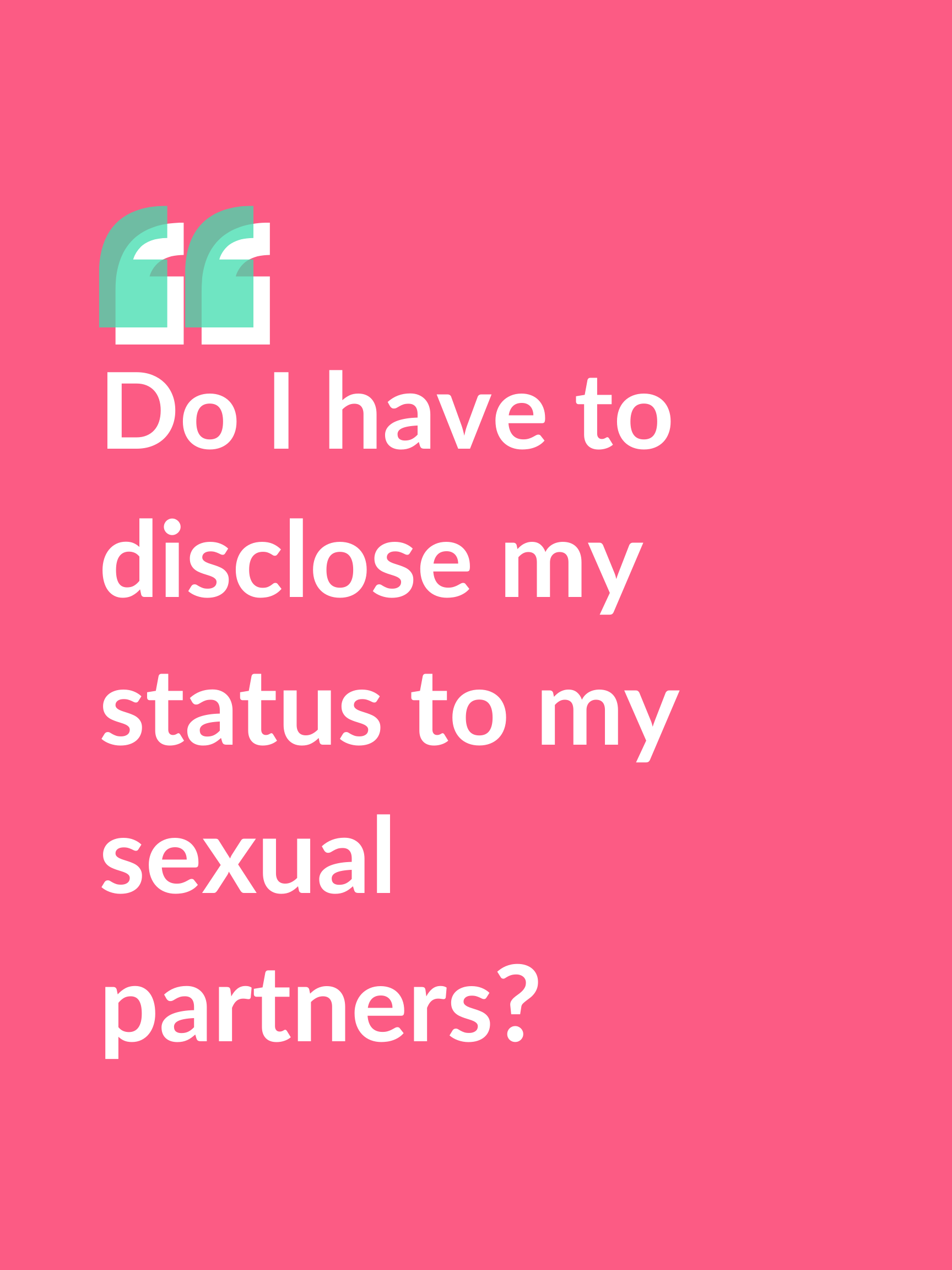
Under Canada’s current criminal law, the duty to disclose one’s HIV-positive status does not apply to all sexual activity. According to a Supreme Court of Canada decision in 2012, people living with HIV have to disclose their HIV status to partners before sexual activity that poses “a realistic possibility” of HIV transmission. The Supreme Court’s decision recognized that there is no realistic possibility of HIV transmission when a condom is used and the person with HIV has a viral load of under 1,500 copies/mL of blood.
For more information, refer to HIV & AIDS Legal Clinic Ontario.
